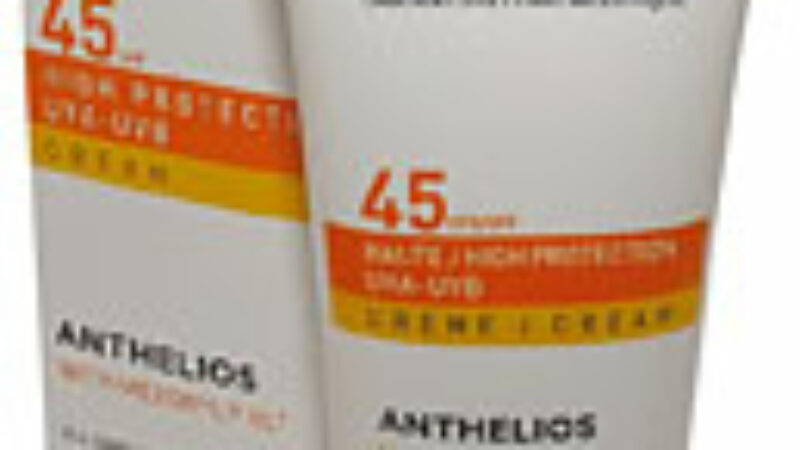Many of us who are becoming more aware of what we put on our skin on a daily basis are opting for products and treatments that are fragrance-free, even if we don’t necessarily see a reaction. And for many consumers, what’s IN our skincare has become equally as important as what’s NOT.
Fragrance is one of the most problematic ingredients in cosmetics and skin care products. Those of us with sensitive skin have a higher chance of reacting to fragrance (whether it is natural or not), and if your skin’s moisture barrier is compromised, the chances increase. Typical reactions include rashes, hives, stinging, itching and eczema, just to name a few.
Of course, you don’t have to have the typically sensitive skin in order to react negatively to fragrance. In fact, our skin may not show any outward signs of damage but below the surface, it may be a different story. Ingredients in fragrance may be slowly eroding the skin’s ability to produce collagen, may slow down cell turnover, break down elastin or decrease the cells’ ability to fight off free radicals. All of those functions are important to healthy and young-looking skin.
The main problem with finding truly fragrance-free skin care and trying to avoid ingredients that cause allergic reactions is the confusion around labelling. By taking a look down the ingredient list of products, you may run across the words “fragrance” or “parfum” which usually represent a concoction of any number of chemicals. Currently, neither the FDA nor Health Canada requires manufacturers to fully list those ingredients as these fragrance “recipes” are considered proprietary trade secrets.
Choosing products that are specifically labelled with the term “fragrance-free” simply means that no fragrance compounds have been added during the manufacturing process to specifically enhance the smell of the product. However, this does not guarantee that other ingredients, especially botanical-based ones or essential oils, will not contribute a fragrance to the end product.
Just because a fragrance is natural is by no means a guarantee that it will not cause a skin reaction.
Even more confusing is “unscented” products may contain added fragrance in order to mask the smell of any raw ingredients that may be less than pleasant to the consumer nose. “Unscented” in the cosmetics world simply means that the smell has been neutralized.
So does that mean “fragrance” in skin care is a deal breaker? That’s entirely up to you, but sometimes, less is definitely more.




